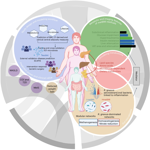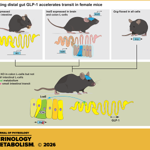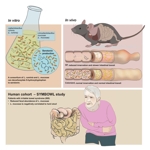Our focus
The human intestinal tract is inhabited by 10-100 trillion microbes consisting of thousands of different species that have co-evolved with the human host. This microbial community, termed the gut microbiota, has an immense capacity to affect host biology.
It is fundamental to many processes, including development of our immune system, processing of otherwise indigestible dietary polysaccharides, and production of vitamins and hormones. However, increasing evidence indicates that perturbations of the gut microbiota contribute to a range of diseases, including obesity and cardiometabolic diseases.
Latest updates
News archiveOur approach
We take a translational approach to investigate the role of the gut microbiota in cardiometabolic diseases, focusing on diabetes, hepatic steatosis, atherosclerosis, and heart failure.
By identifying associations between gut bacteria and/or their metabolites and cardiometabolic markers in large population-based cohort studies, we generate hypotheses that could explain how the microbiota contributes to metabolic diseases.
Our hypotheses are tested using a variety of tools, including gnotobiotic mice, primary cell culture, and bioreactors to establish causality and determine the underlying molecular mechanisms.








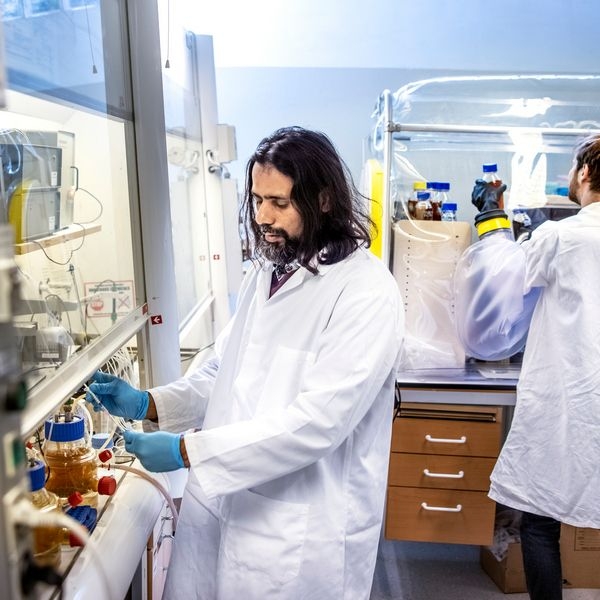
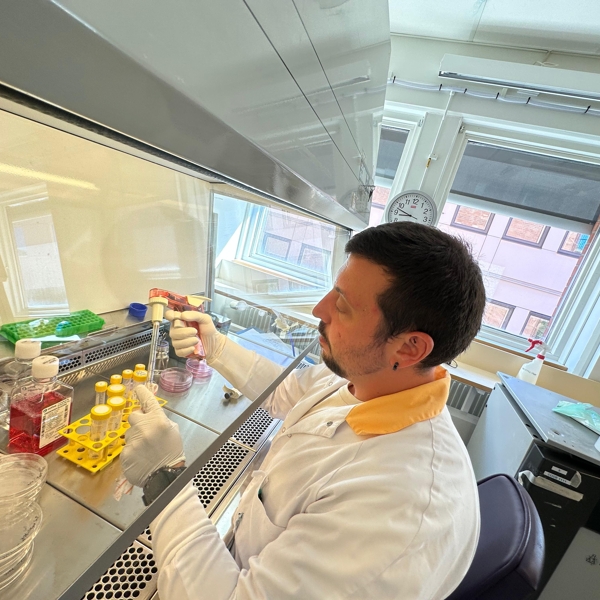
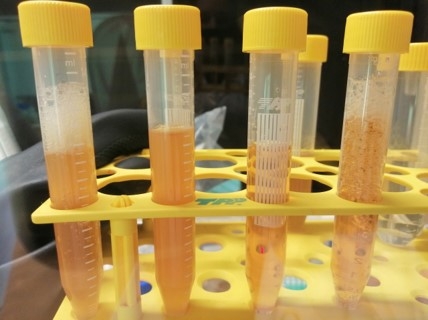

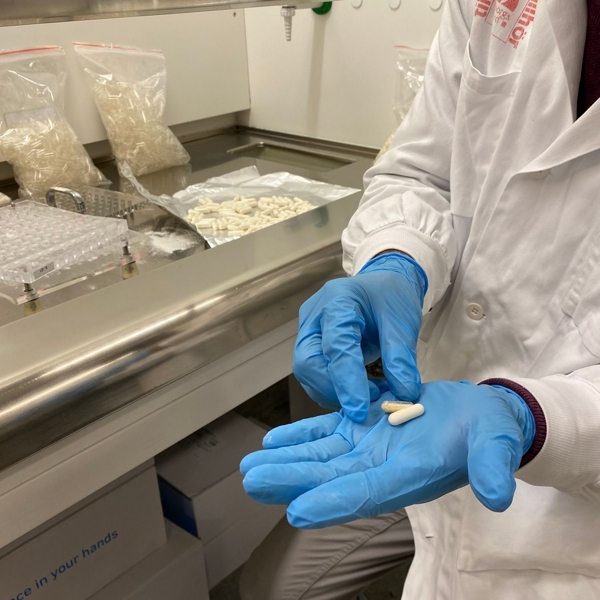



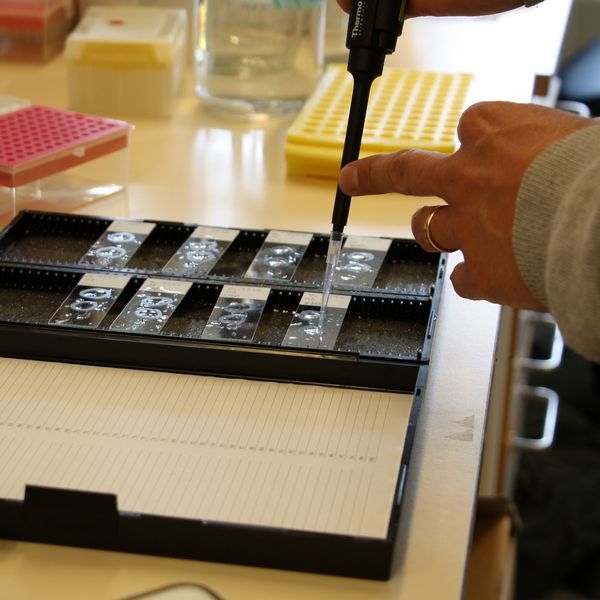




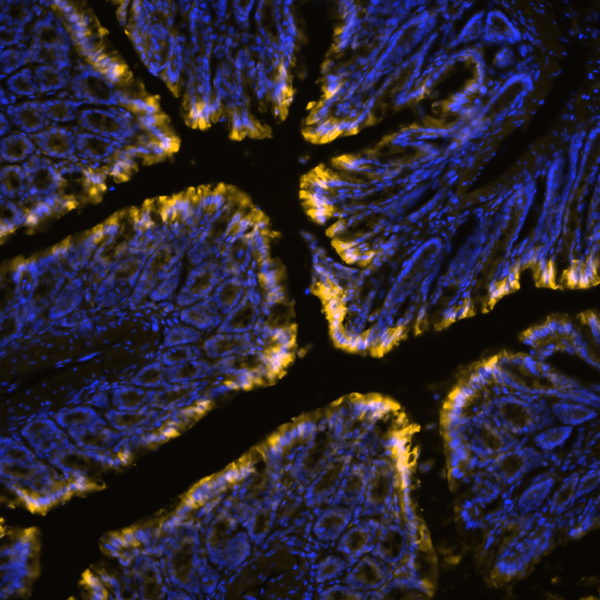
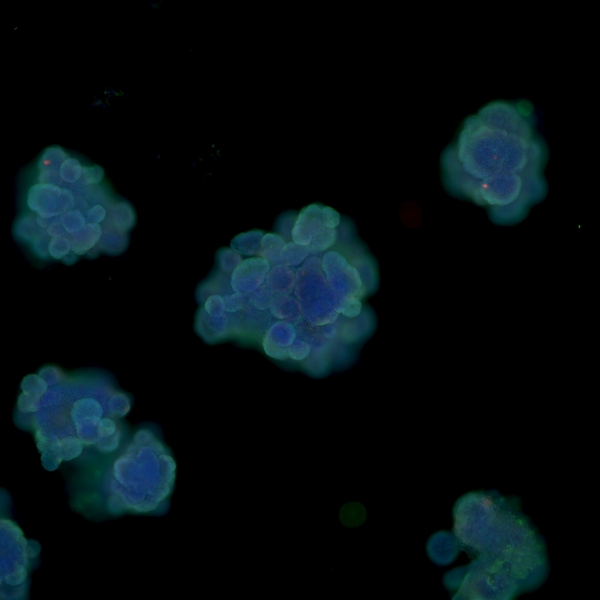


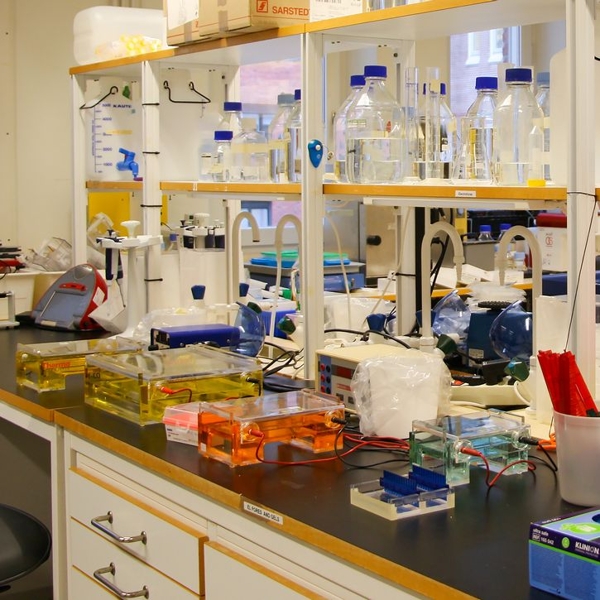



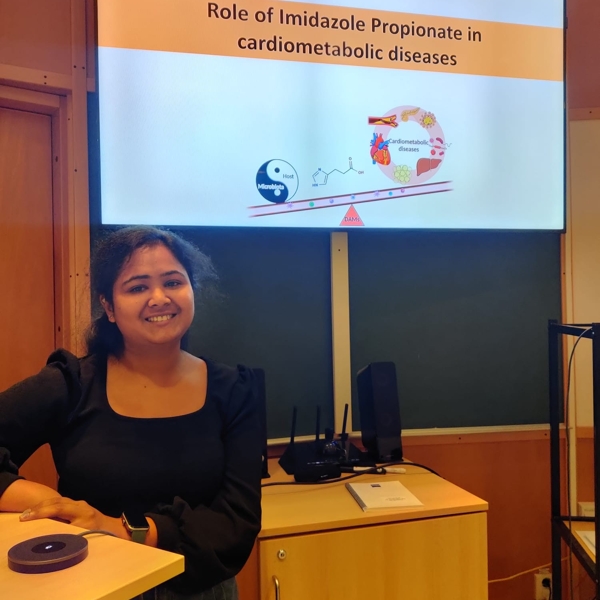

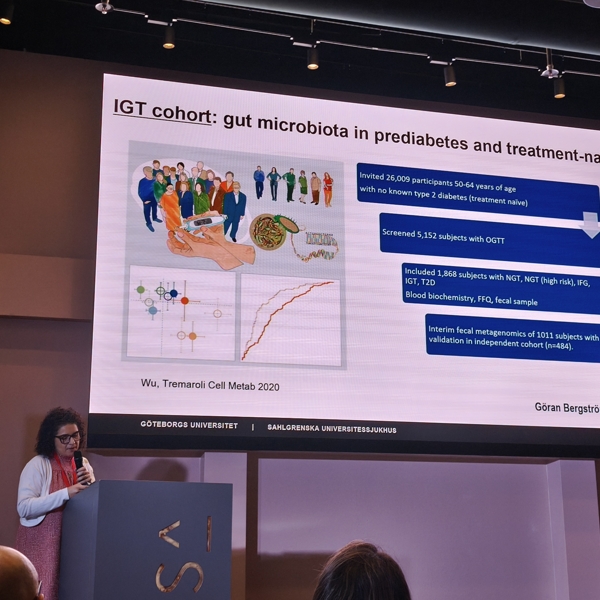

Recently published
Our team has co-authored a large number of highly impactful original research and literature review articles.

Gut Microbial Metabolite Imidazole Propionate Impairs Endothelial Cell Function and Promotes the Development of Atherosclerosis
Article, Arteriosclerosis, Thrombosis, and Vascular Biology, May 2025
Our team
Our laboratory’s location, within Sahlgrenska University Hospital, provides unique opportunities to engage with clinicians and study participants and pursue basic and translational research.
To achieve our overarching aim of improving human health by targeting the gut microbiota, we have developed a research group comprising experts in microbiology, molecular biology, biochemistry, metabolomics, proteomics, epigenetics, physiology, bioinformatics, and medicine from around the world.

